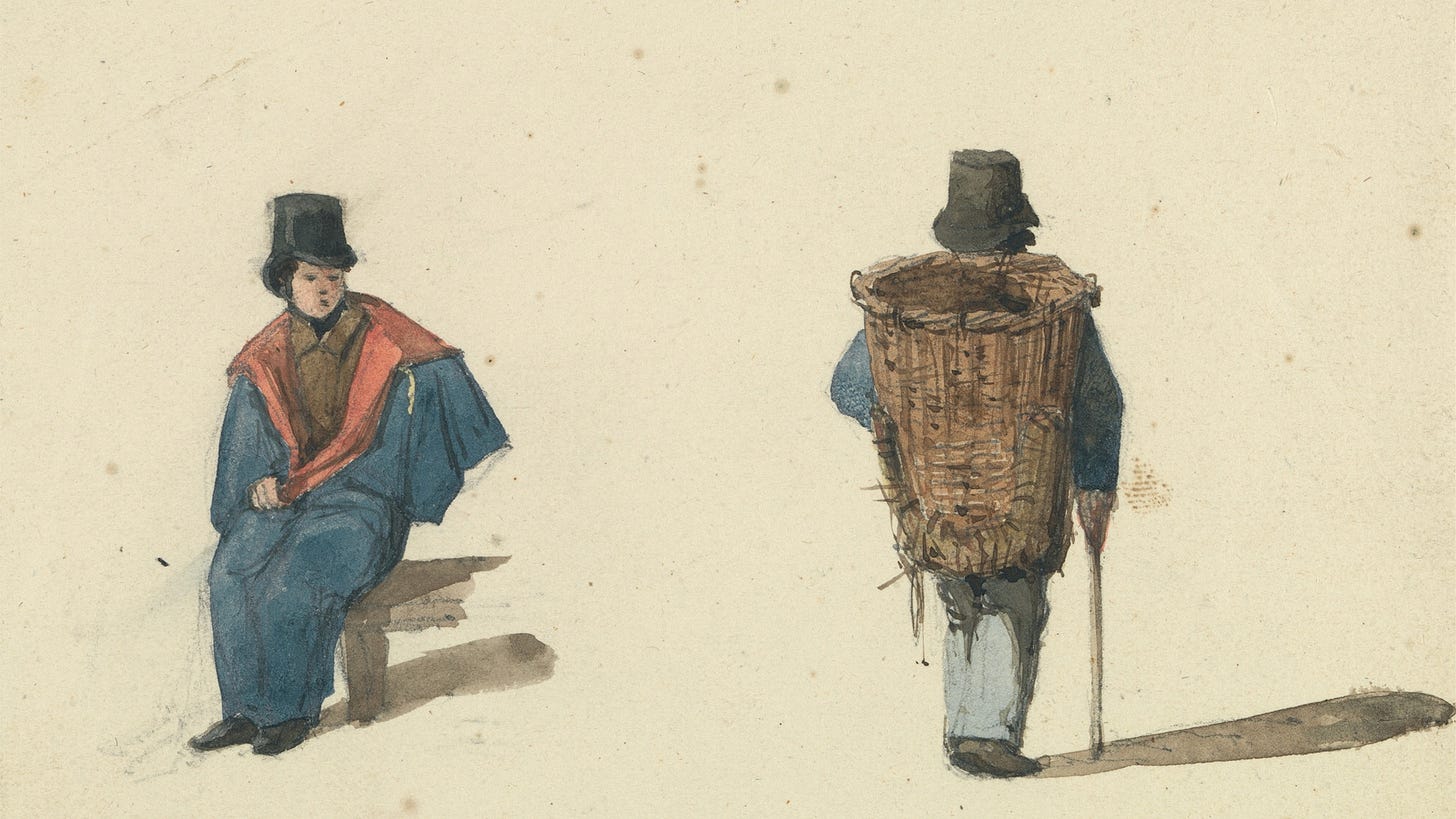Welcome to CrowdSource, your weekly guided tour of the latest intellectual disputes, ideological disagreements, and national debates that have piqued our interest (or inflamed our passions). This week: democracy (and Democrats) in crisis plus AI and work.
Join us! CrowdSource features the best comments from The Crowd — our cherished readers and subscribe…




